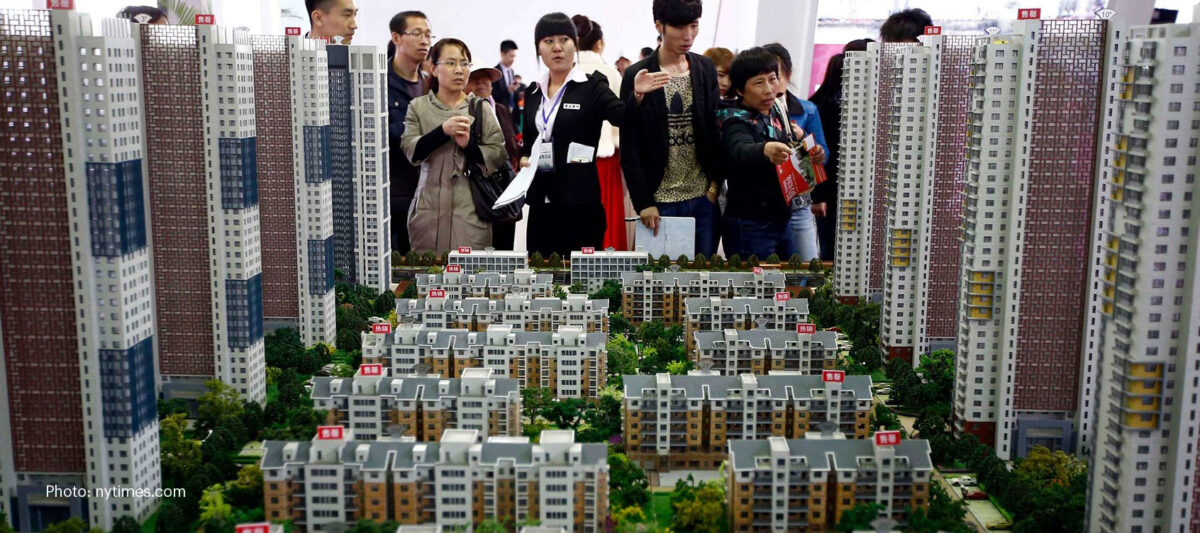
Housing crises are among the most dangerous because they impact the private homeowners, the corporate building sector and the financial sector. It affects many more economic actors than e.g. the dotcom bubble of 1999, which only impacted some financial speculators.
China’s real estate sector (around 25% of GDP) is often described as “the most important sector in the world” because of the importance it has amassed in recent decades in the Asian giant’s growth model. The country’s growing urbanisation, the development of the financial sector and the appetite of domestic and international investors, among other factors, have led to a real estate boom in recent years. Therefore, a potential Real Estate crisis merits our attention.
The Chinese Real Estate sector has been an ongoing worry to many analysts over the past years, but how bad is the situation? The news about Evergrande defaulting on his debt in Dec 2021 was probably the first time the main public became aware of it. We have taken a look at the main drivers and examined the situation. Individuals are seeing their wealth evaporate to some extent and we want to give some perspective on the scope of this current crisis. There appear to be two focal points, the real estate bubble and banking turmoil.
Real Estate Bubble
Back in 2020 China implemented a three red lines policy, which concerns three leverage criteria real estate developers have to meet if they want to borrow more money.
- Liability to asset ratio (excl. advance receipts) of less than 70%
- Net gearing ratio of less than 100%
- Cash to short-term debt ratio of more than 1x
If the developers fail to meet one, two, or all of the ‘three red lines’, regulators would place limits on the extent to which they can grow debt, simplified in the table underneath.
Back in October 2021, when Evergrande was making a lot of the headlines because of their struggles to meet their debt obligations, nearly half of the Chinese developers violated at least one of these three criteria. This means that many of these companies saw very strict crackdowns in their borrowing capability to fund their operations. It might not sound that impactful given that it only limits the growth of credit, but it revealed many problems with the real estate market in China, that many describe as a quasi-Ponzi Scheme.
Interested in the full article? Download the article below.
Over the last decade many developers excessively increased their leverage to expand their business and to sell properties, which lead to expanding leverage in the country